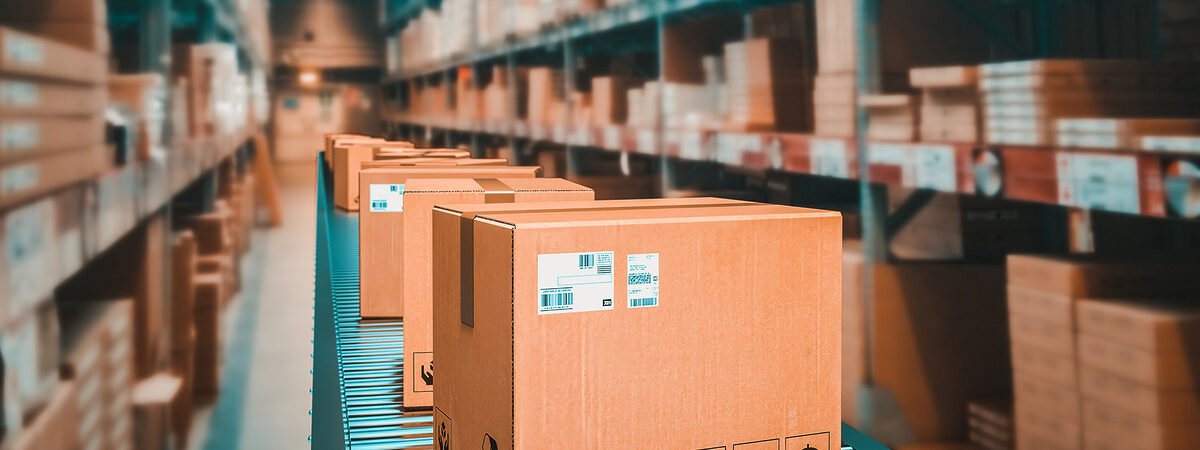
Product Liability Injuries
Our economy is governed by the principle of “caveat emptor,” a Latin phrase meaning “let the buyer beware.” In the broadest terms, caveat emptor puts the responsibility for determining if a product is working properly on you as the purchaser. However, the law recognizes that sometimes no amount of vigilance could have uncovered a product’s defects.
In these instances, product liability comes into play. If you or someone in your family has been hurt by a faulty product, you may be able to recover damages through a product liability lawsuit.
What Is Product Liability?
You might think that product liability applies only in major cases such as a car with a hidden defect that results in a significant crash or a home with problems that lead to sudden or gradual injuries. Those are two examples, but product liability law can come into play with even the most everyday products.
As a general matter, product liability laws hold manufacturers responsible for injuries stemming from defective products. The defects do not have to be the result of negligence. You can also file product liability claims using theories of strict liability or breach of warranty of fitness.
Contact our team online or by phone at (248) 286-8100 to schedule a free consultation today with our dedicated and seasoned personal injury attorneys.
Examples of Product Liability Cases
Product liability litigation is common and has likely affected more than a few products that are familiar to you. It certainly has gotten the attention of manufacturers, as demonstrated by the growing amounts spent on premiums for product liability insurance.
According to the Insurance Information Institute, insurers wrote $3.2 billion worth of net premiums on product liability insurance in 2020, up about 50% in less than 10 years. Some of the liability cases you may have heard about over time include:
- Takata air bags
- St. Jude heart valves
- DePuy hip replacement
- Sulzer hip implants
- Zimmer knee replacements
- Firestone tires
- Zantac – Ranitidine
- Johnson & Johnson talcum powder
- Dow Corning silicone breast implants
- Neutrogena sunscreen
Who Can File Product Liability Actions?
If you believe that a product you have purchased has caused a serious injury or illness, you may have grounds for a product liability lawsuit. You do not have to be the first — or even one of the first — to have used the product at issue to pursue litigation.
 What you have to show is a link between your injury or illness and a defect in the product itself, but that defect does not necessarily have to be the direct result of negligence or willful misconduct. A company can be liable for simple mistakes that happen in the manufacturing or design of a product or for failure to describe the use of the product or provide proper warnings to users.
What you have to show is a link between your injury or illness and a defect in the product itself, but that defect does not necessarily have to be the direct result of negligence or willful misconduct. A company can be liable for simple mistakes that happen in the manufacturing or design of a product or for failure to describe the use of the product or provide proper warnings to users.
If something like this happens to you, documentation is critical. Make sure you preserve the product at issue in its current form, collect documents proving when and where you bought it, and jot down notes, including dates, times, and places of what happened before the use and afterward.
Sometimes speaking to a lawyer upfront can help with the process, as they can define the documentation you need and how to go about getting it. Consider a consultation with products liability attorneys such as those on the products liability team at Goodman Acker. Our attorneys have more than a century of combined experience in this field.
The Financial Costs of Product Liability
If you have been hurt or made sick by a defective product, there are many potential areas of costs that you may be able to recover in court or through negotiations with insurance carriers.
Every case is different, but generally, you may be able to get relief for items such as medical bills, lost wages for both times off of work and any reduced earning capacity into the future, emotional distress caused by any element of the product’s liability, and reduced quality of life.
Your attorney will be able to help identify and sort out the proper parties for the lawsuit, as organizations with their subsidiaries can sometimes become confusing to untangle and map out. The ultimate responsibility for the product defect could arise anywhere in the long chain of events, leading to the delivery of the product to a store shelf.
FAQs
A plaintiff who brings a product liability claim must prove that the defendant’s product was “defective” and that the product’s defect(s) directly caused the plaintiff’s harm or death. The injured party must also show that the product was in essentially the same state when it caused the accident as it was when it left the manufacturer’s control. In other words, the maker must have known about the injury-causing faults before releasing the goods for sale.
The injured person must also prove that the product was being used in a way that was the manufacturer’s intended purpose for it or a reasonably foreseeable usage. All product liability cases require the following four elements:
- A flaw existed in the product
- The defect caused the damage or death
- The defect existed at the time the product left the defendant’s control
- The product was utilized in a way that was either reasonably expected by the manufacturer or reasonably foreseen by the manufacturer.
Yes. A producer must give clear and comprehensive directions on how to utilize its product safely. In addition, the maker has an obligation to warn consumers of any potential dangers caused by the product’s intended usage. The user must be made aware of all material risks and the severity of any potential harm through clear and easily understood warnings.
When a manufacturer fails to include instructions or warnings, or includes them but they are unclear or inadequate, it may be held accountable. Most cases involving failure to warn allege that the manufacturer’s warnings were insufficient to alert the user to a hazard or were too inconspicuous for the user to notice because of their small size, color, position, or placement.
In a product liability case, the plaintiff may have grounds to sue more than one entity. The primary defendant, in most cases, will be the business responsible for making the flawed goods. Manufacturers can be held “strictly accountable” for injuries or fatalities proximately caused by defective items they produce and allow to be placed in the stream of commerce under Georgia law and the law of most other states. If the product’s design, plans, or specifications were created by a different company, that company could also be held liable.
Companies who created, manufactured, or produced parts used in the product may also be identified as defendants and held partially liable for the plaintiff’s damages if the defective condition concerns those parts. Other businesses in the supply chain may also be liable to the plaintiff in a product liability case, depending on the laws of the jurisdiction where the damage or death occurred. Claims for damages caused by a defective product can be filed against the wholesaler, retailer, and/or distributor in several jurisdictions.
Strict liability refers to a legal doctrine under which a person or organization may be held liable for the damages of another party without the burden of proving negligence. Under the doctrine of “strict liability,” a defendant can be found accountable for an injured plaintiff even though the defendant did not act negligently.
An employer’s duty to compensate an employee for a work-related harm does not require negligence on the part of the employer. The idea of strict responsibility is used in cases involving injuries or deaths caused by a defective product in most states. When a defective product causes harm to consumers, the maker may be held “strictly accountable” in a product liability lawsuit.
In a strict liability case, the plaintiff does not have to show that the defendant was careless. The plaintiff merely needs to demonstrate that the product was unreasonably dangerous even when used as intended or in a way that was reasonably foreseeable to the maker and that the damage or death in question was directly brought on by the defective product. A strict liability suit places more emphasis on the product’s state than the manufacturer’s actions.
No. However, as a practical matter, it will be much more difficult to have a successful product liability lawsuit in cases where the allegedly defective product is not available. Therefore, it is highly recommended that anyone contemplating a product liability claim make every effort to locate, secure, store and preserve the product that caused the injury or death in question.
It is very important that no repairs be made, and that the product be kept in exactly (or as close as possible) the same condition as it was at the time of or immediately after the injury causing event.
Yes. It makes no difference whether the item was acquired directly from the manufacturer or through a retailer, wholesaler, or other seller. Regardless of how the end user purchased or received the product, manufacturers can be held accountable for accidents brought on by faulty items. The risk of liability to the people the defective product may affect is assumed by the maker after it has entered the commercial stream.
Product liability claims may be made against any consumer product including toys, sporting goods, recreational vehicles, tools, lawn and garden equipment, furniture, and appliances. Similarly, product liability regulations apply to all motor vehicles including motorcycles, cars, trucks, minivans, and SUVs. Product liability lawsuits may also involve large machinery and equipment used in industrial manufacturing, farming, or construction.
Product liability rules also apply to pharmaceutical and medical items such prescription drugs, over-the-counter medications, diet pills, medical devices, orthotics, and contact lenses. Lastly, perishable food and beverage products such as raw meats, raw vegetables, processed meals, and prepared foods sold at restaurants might be the subject of product liability claims.
How the Product Liability Attorneys at Goodman Acker Can Help
It’s hard to know where to turn when you think you’ve been injured by a defective product. The company may be ignoring you or requiring you to work through an insurance company that is interested only in limiting the amount it has to pay. Let Goodman Acker P.C. of Detroit stand by your side. Our product liability attorneys have extensive experience in all types of product liability claims.
We know how to help you gather the evidence you need to make a successful claim, and we’ll negotiate on your behalf, so you get the justice you deserve. We’re also motivated to get manufacturing companies to change their ways of producing dangerous or sloppy products or crafting proper warning labels. Call us for a free consultation today at (248) 286-8100 or contact us online.



